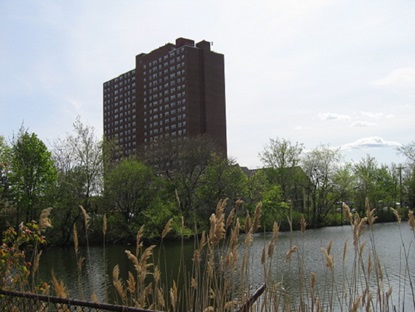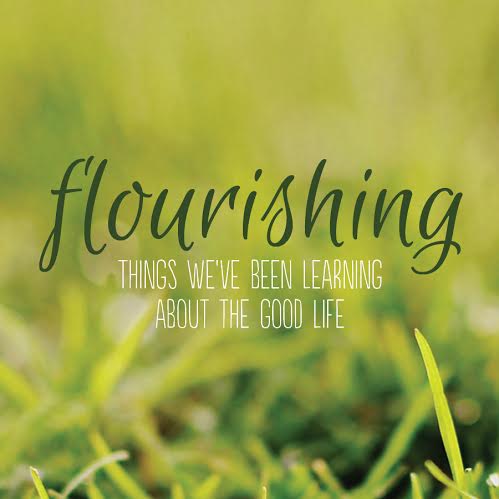At the invitation of a Reservoir member, I bopped across the river today to Boston University for an interesting event, called Faith and the City. It was hosted by BU’s interesting Initiative on Cities, founded in part by Boston’s former mayor, Tom Menino.
BU’s Dean of Marsh Chapel led a panel of clergy that have been associated with three of Boston’s more prominent religious institutions – Trinity Church, Charles St. A.M.E. Church, and the Islamic Society of Boston Cutlural Center. Rev. Rainey Dankel, Shaykh Yusif Fahmy, and Rev. Dr. Theodore Hickman-Maynard all discussed their experiences in leading faith communities that seek to be of relevance and service to their cities. They talked about the complexities of owning buildings in cities, serving communities from positions of both poverty and privilege, and the role they see their congregations playing at their best.
I came away with both thanks and questions.
I was so grateful for Reservoir Church as Rev. Hickman-Maynard talked about the challenges of churches in their old buildings. He described situations where churches own buildings they can’t properly fill and have to spend a quarter to a third of their budget simply maintaining the property. He described other situations where churches overspend on their facilities, assuming they are still the communal center of their city, when they no longer have that role in society.
This made me so glad for the blessing of our property. We own one of the largest church properties in the city of Cambridge, a property that takes considerable resources to maintain. But we share its use with the Benjamin Banneker Charter Public School, whose 350 students and their teachers and families use the space throughout the week. The Banneker gets a well-maintained property and an attentive and supportive landlord at a fair and reasonable price. And the church receives rent, which covers the majority of our facility costs. Both institutions and our city as a whole benefit from this shared space use. It’s really a great partnership.
I’m grateful too for our work as Reservoir in the City. For a dozen years now, we’ve been building relationships with the people who live and work in our neighborhood and we continue to build sustainable and mutually-edifying partnerships with individuals and organizations throughout the City of Cambridge. We are widely recognized as a church that loves our neighbors, and we partner with the public schools, the police, and our neighbors to sponsor events and meet needs in North Cambridge. We desire to serve and receive from our neighborhood in a spirit of joyful reciprocity, joining people and organizations that are doing great work in our community, and empowering our neighbors to become partners in projects that we work on together.
I’m so grateful for community potlucks, interfaith dinners, free soccer clinics, block parties, leadership development programs, and church-school partnerships that Reservoir participates in. Last week, I visited some of our elderly Muslim neighbors in their home. We ate together and exchanged gifts, they provided some religious instruction to my sons from the Quran. I prayed for their ailments in the name of Jesus. We left after much embracing. Another moment of the treasure it is for a faith community to share life in a city.
But today’s event left me with questions as well.
-In an era of decreasing participation in faith communities, do our communities still have resources to be vital participants in the life of our cities?
-In a time when religious institutions have often rightfully been seen as contributors to national and global problems, how can we be excellent civic partners in the flourishing our our communities?
-And in a time of enormous civic division and disconnectedness, could the cultivating of healthy and diverse community be one of the greatest balms a church can offer our times, while also one of the greatest displays of spiritual power we can offer?
I’m excited about some of the theological and missiological work Reservoir’s been part of in response to these questions. I’m also excited about our membership in the Christian Community Development Association and a growing partnership with Greater Boston Interfaith Organization, that will help us not to answer these questions alone.




